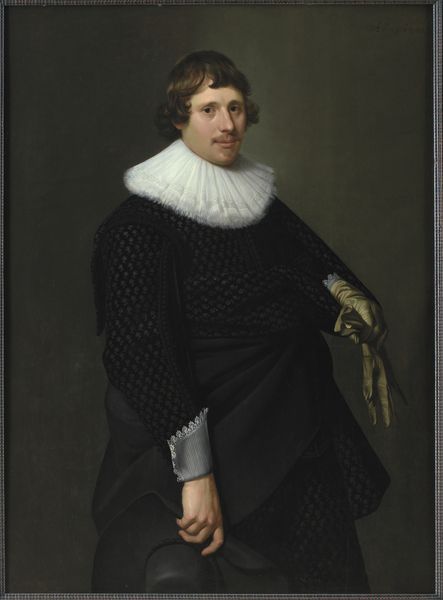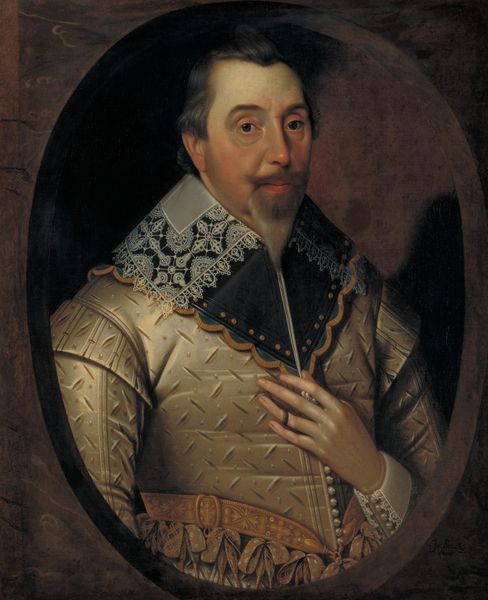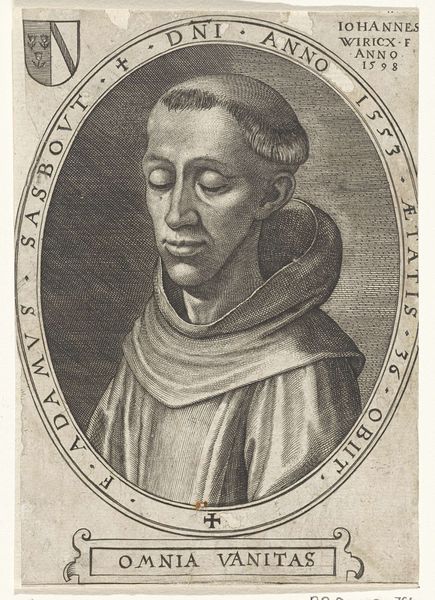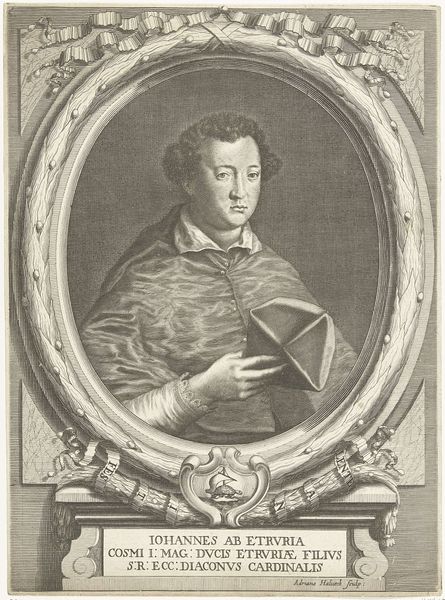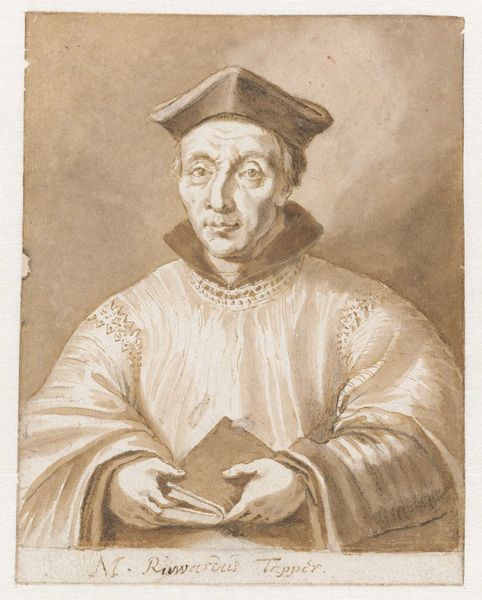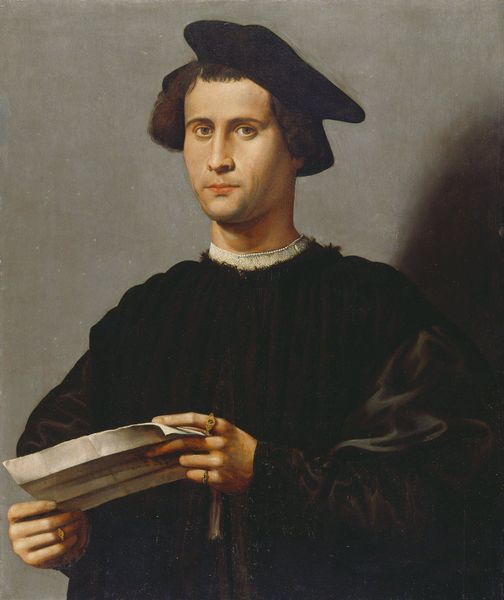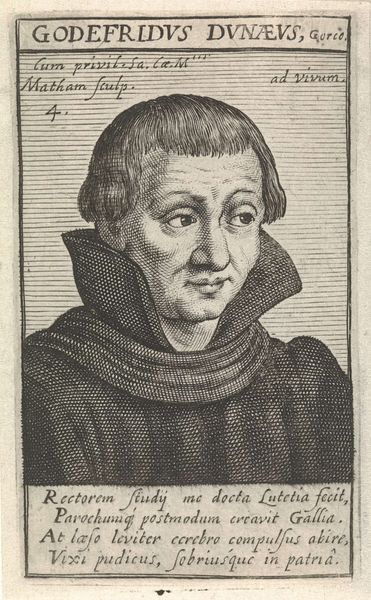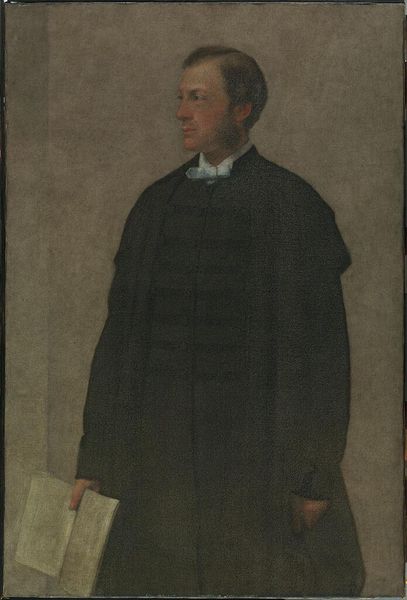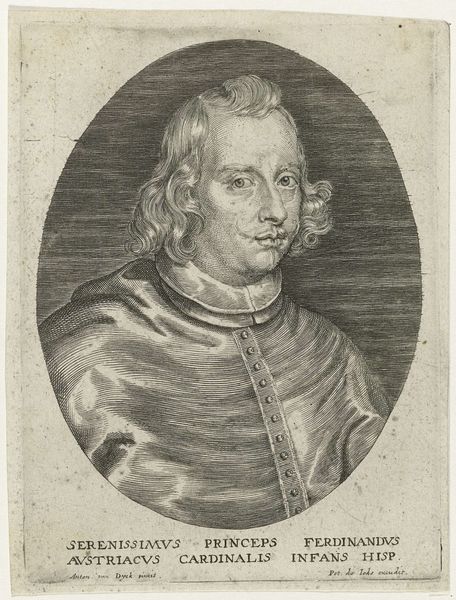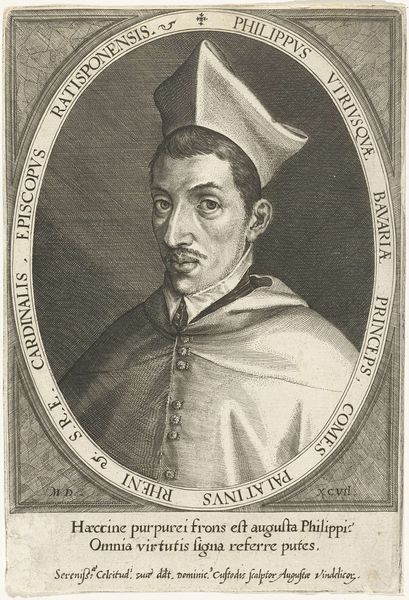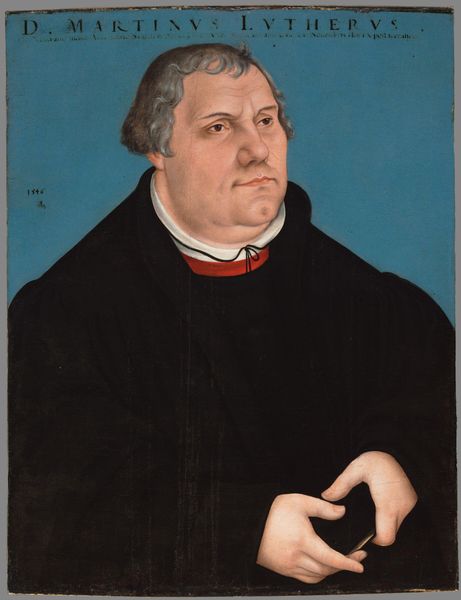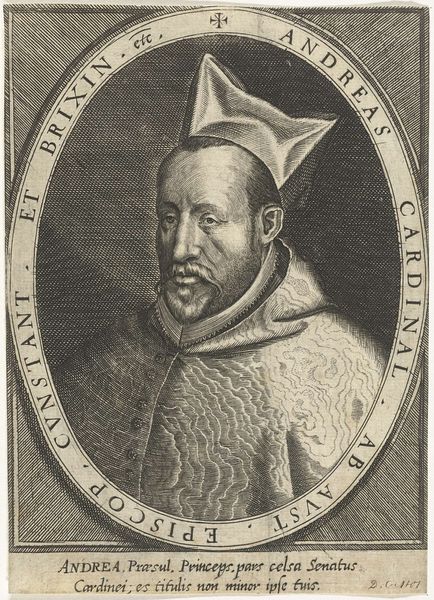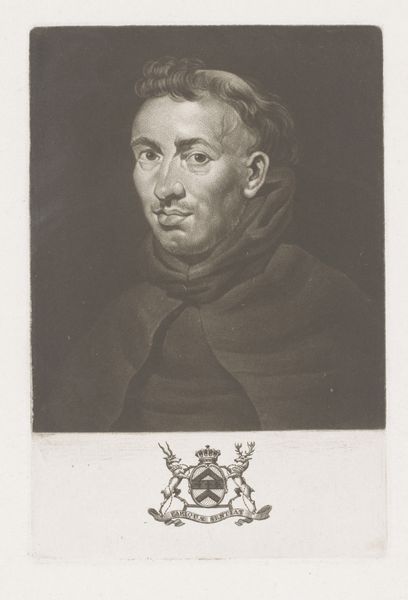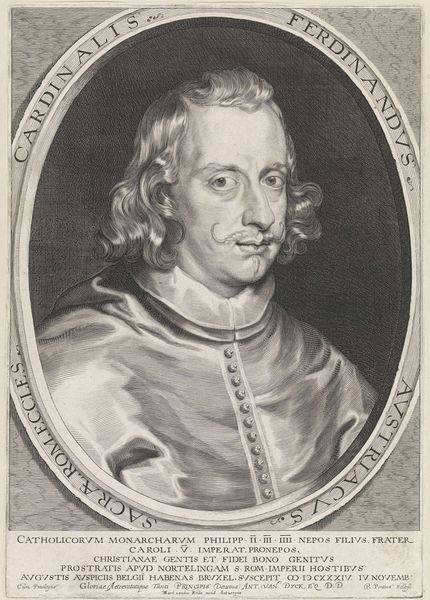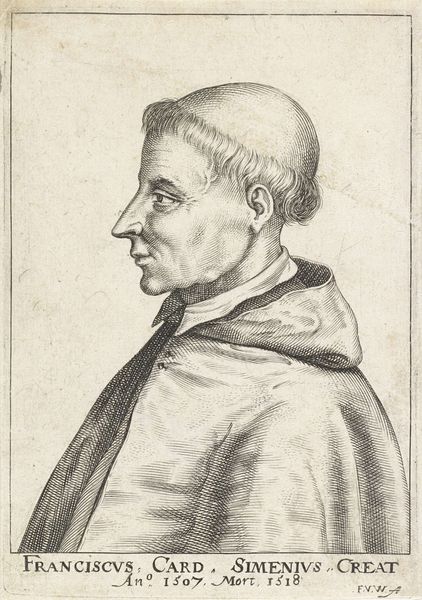
painting, oil-paint
#
portrait
#
baroque
#
painting
#
oil-paint
#
figuration
#
history-painting
#
realism
Copyright: Public domain
Diego Velázquez painted this portrait of Philip IV, the King of Spain, during the 17th century, a period marked by both the grandeur and the decline of the Spanish Empire. Velázquez, as the court painter, had a unique position to capture the monarchy's image. Here, Philip’s identity is carefully constructed. The somber dress and the rigid posture were a stark contrast to the lavish displays often associated with royalty. Instead, there is a deliberate projection of power through restraint, reflecting the political realities of a kingdom facing internal strife and external pressures. Consider, too, the weight of expectation on Philip. He embodies the intersection of personal identity and inherited power, a man shaped by the demands of his role. Velázquez’s portrait captures not just a king, but the human being beneath the crown. The portrait serves as a window into a world where identity, power, and representation are intertwined. It asks us to reflect on how we construct and perceive images of authority, and to consider the personal toll of historical and cultural forces.
Comments
No comments
Be the first to comment and join the conversation on the ultimate creative platform.
